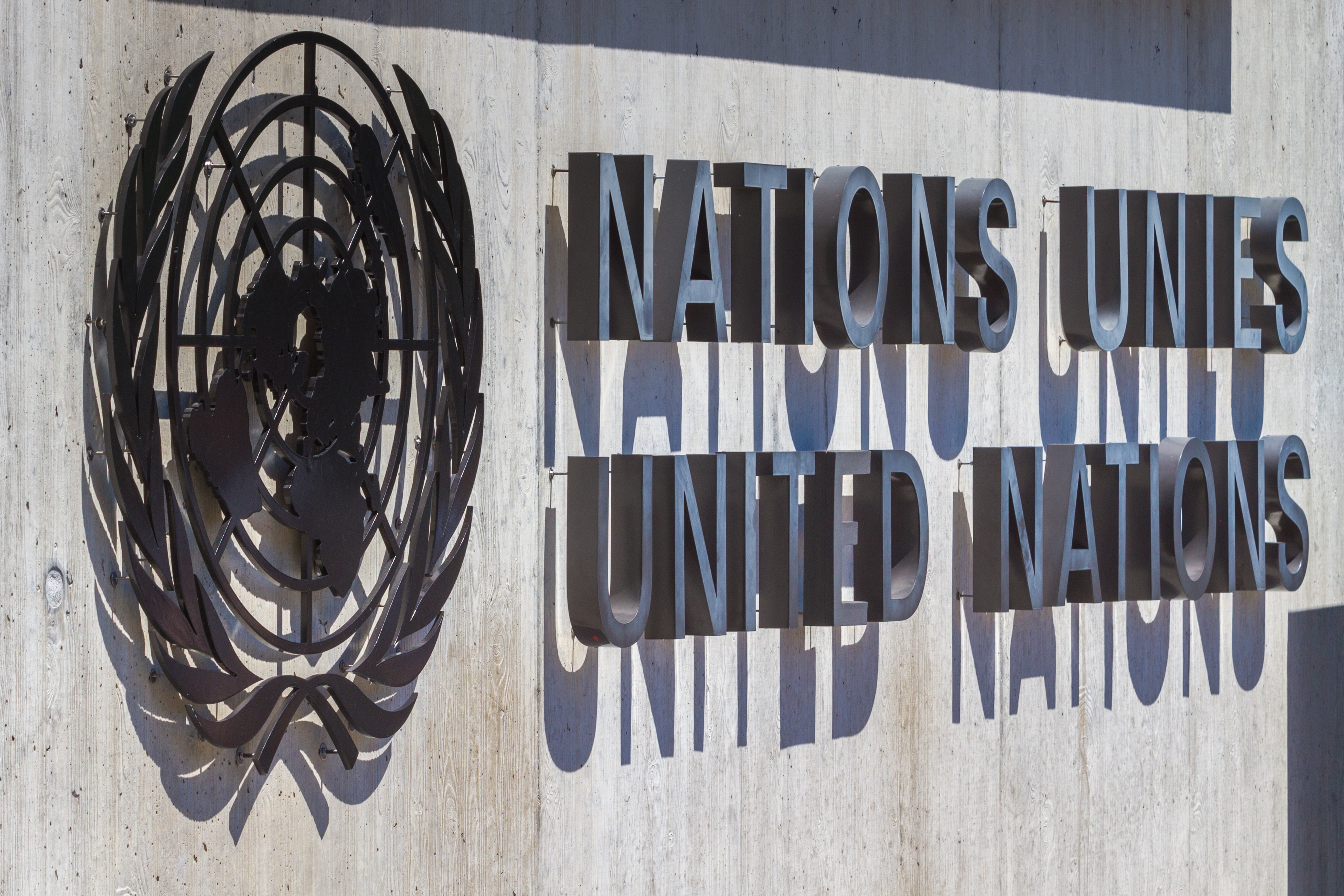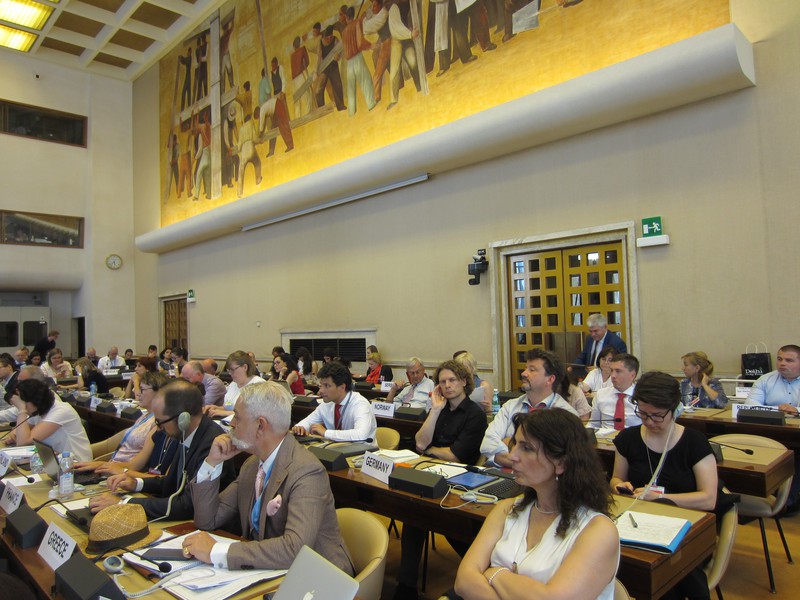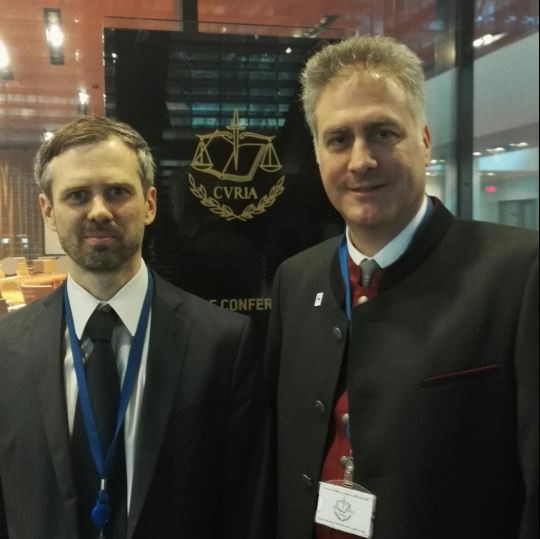
© Dominionart / shutterstock 457959316
International and European standards for environmental protection
The environment knows no national borders. Therefore, international and European agreements on minimum standards for environmental protection are necessary. They create generally applicable rules that all contracting states must adhere to.
Within the European Union, Directives and Regulations provide for common minimum standards for environmental protection in the member states. At the international level, there are important international treaties on environmental protection that extend beyond the EU member states. Both Austria and the EU have undertaken to comply with the following treaties:
- Aarhus Convention: The Convention on Access to Information, Public Participation in Decision-Making and Access to Justice in Environmental Matters
- Espoo convention: The Convention on Environmental Impact Assessment in a Transboundary Context
- Alpine Convention:the Convention on the Protection of the Alps
The European Commission and international committees control the adherence to environmental standards
The European Commission is responsible for monitoring compliance with EU environmental law. In case of infringements, it has the possibility to initiate proceedings against member states before the European Court of Justice (ECJ). The Aarhus Convention is focused on public involvement in the respective contracting state. The Aarhus Convention Compliance Committee (ACCC) checks whether contracting states meet the requirements of the Convention.

Meeting of the Aarhus Convention in Geneva
© UNECE
The Espoo Implementation Committee ensures that signatory countries consider the impacts of major projects across state boundaries. For example, in the case of nuclear power plants, large dams or infrastructure projects, more than one country might be affected.In these cases, persons in the affected countries must also be included in the approval process.
The Permanent Committee of the Alpine Conference monitors these aims and principles with the goal of avoiding damage in advance. Persons or “polluters” interfering with the environment shall, in return, take measures to protect it. Natural resources in the Alpine region are to be used carefully and in a sustainable way.
ÖKOBÜRO is committed to compliance with international and EU environmental minimum standards

ÖKOBÜRO director Thomas Alge and Christoph Walder of WWF Austria at a hearing before the European Court of Justice
© ÖKOBÜRO
Unfortunately, it cannot be taken for granted that the states adhere to international and European rules. Environmental organisations such as ÖKOBÜRO therefore play an important role as watchdogs in the implementation of minimum environmental standards.
We are committed to ensuring that decision-making processes are democratic and that the public can participate in them. We are committed to the implementation of EU environmental law and conventions in Austria, but we also work together with other organisations across borders to improve European regulations and directives.
We carry out studies, organise events and advocate the expansion of participation rights in Austria and other EU countries. If necessary, we take action against violations of the common minimum environmental standards at the EU Commission, before international bodies and before the courts.